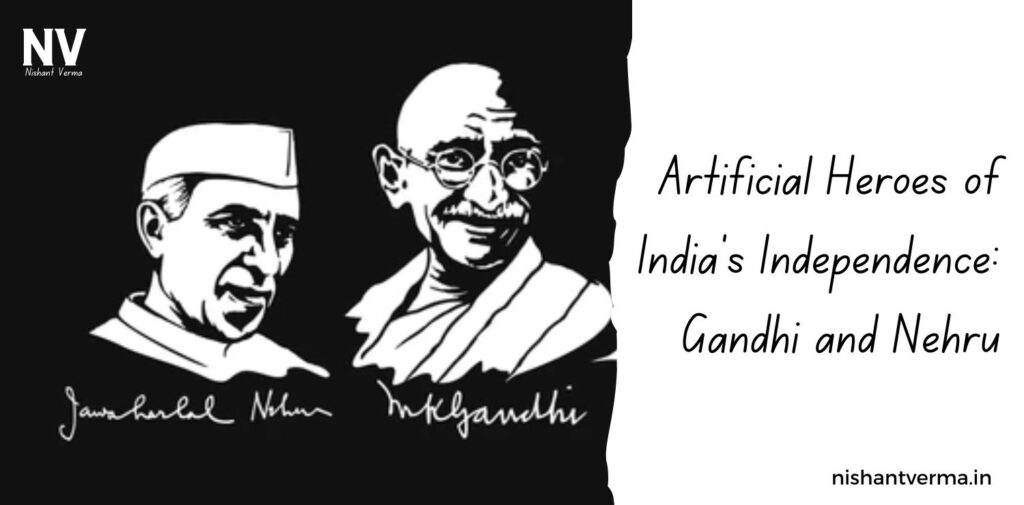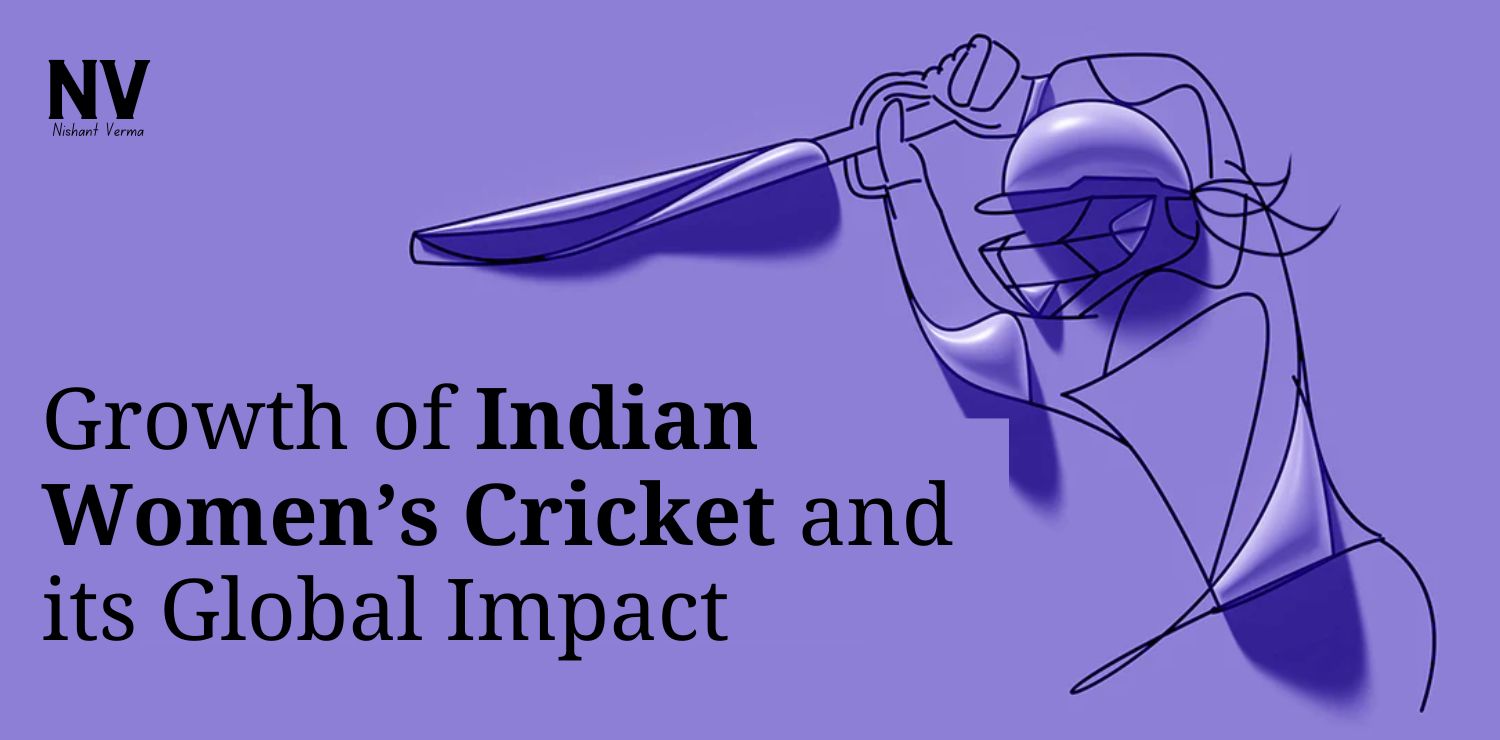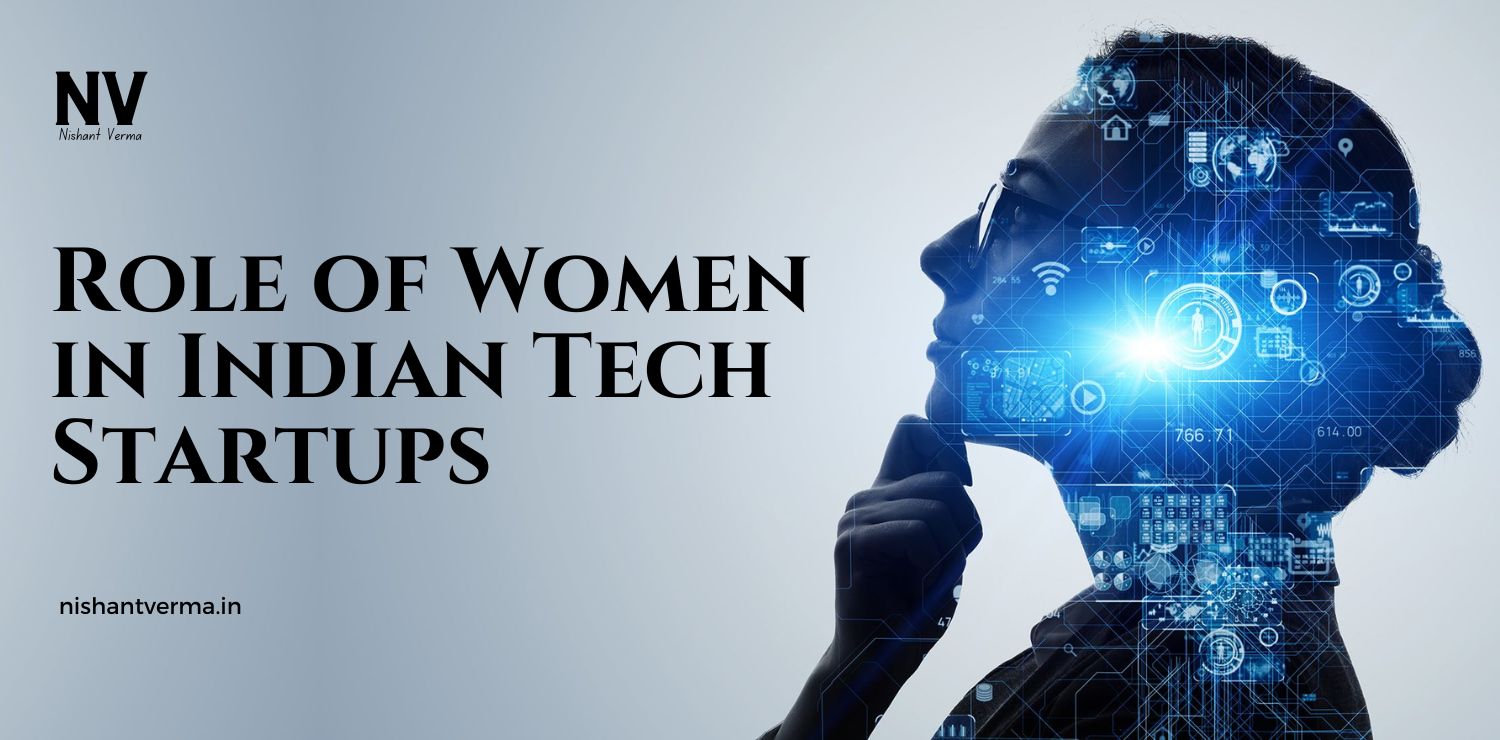When we discuss the history of India’s independence, the names Mahatma Gandhi and Jawaharlal Nehru often dominate the narrative. They are celebrated as freedom fighters who led the nation to freedom from British rule. However, there is a growing perception among some sections of society that Gandhi and Nehru were not the real heroes. Instead, these two figures are seen as political manipulators whose decisions had long-lasting and often harmful effects on the nation. They are accused of favoring certain communities over others, particularly the Muslim community, which is believed to have affected the unity and integrity of India.
This article will take a closer look at the controversial perspectives on Gandhi and Nehru, and explore why they are sometimes regarded as “Artificial Heroes” of India’s Independence.
Gandhi’s Role: A Hero or a Manipulator?
Mahatma Gandhi is known as the ‘Father of the Nation’ and his philosophy of non-violence and civil disobedience has been widely glorified. However, many argue that his role during the freedom struggle was not as straightforward as it appears.
Gandhi’s Decisions: Beneficial or Detrimental?
Gandhi’s decisions during the freedom struggle were often controversial. One such decision was his suspension of the Non-Cooperation Movement in 1922 after the Chauri Chaura incident, where a group of protestors set a police station on fire, leading to the deaths of 22 policemen. While the act was violent and against his principle of non-violence, many believe that this decision killed the momentum of the movement and gave the British more time to suppress nationalist sentiments.
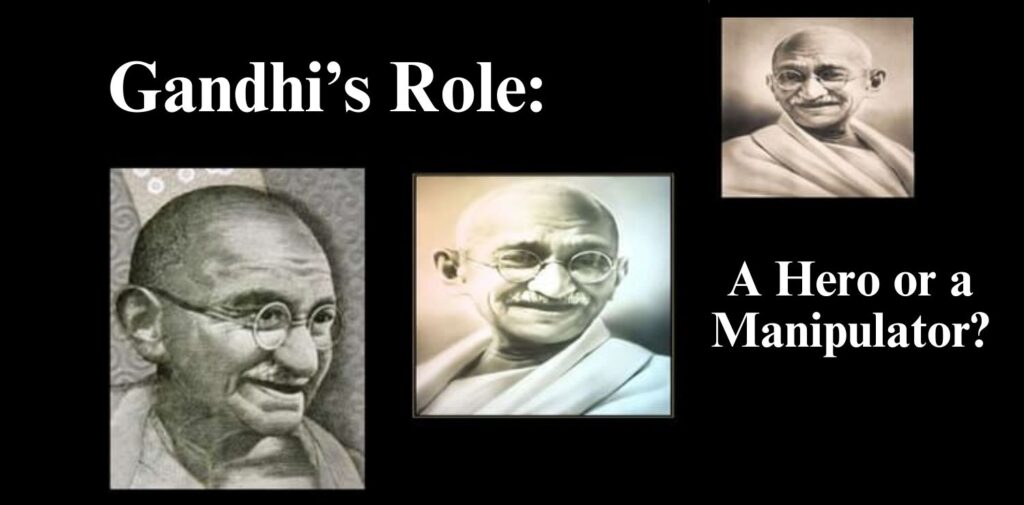
Gandhi’s Stand on Muslims
Gandhi’s decisions and actions are often perceived as overly favorable to the Muslim community. He supported the Khilafat Movement in 1919, which was a religious movement to restore the Ottoman Caliphate in Turkey. While his intention might have been to unify Hindus and Muslims against British rule, many felt that this move unnecessarily brought religious politics into the freedom struggle. It also led to a further division between Hindus and Muslims, which later culminated in the partition of India.
Ignoring Other Freedom Fighters
Gandhi is often criticized for sidelining revolutionary freedom fighters like Subhas Chandra Bose, Bhagat Singh, and Sardar Patel. For instance, despite the popularity of Subhas Chandra Bose, Gandhi did not support him, and when Bose won the Congress presidency in 1939, Gandhi’s disapproval led to Bose’s resignation. This weakened the freedom movement’s armed struggle, which was seen by many as a more effective means to gain independence.
Nehru: The Politician Behind the ‘Freedom Fighter’ Image
Jawaharlal Nehru, India’s first Prime Minister, is another figure who, while celebrated as a freedom fighter and visionary leader, has also faced criticism for his political decisions and favoritism.
Nehru’s Obsession with Power
Nehru is often seen as someone more interested in personal power than in the nation’s freedom. He was known to be politically ambitious, and his rivalry with other leaders like Sardar Vallabhbhai Patel is well-documented. Many believe that Nehru’s manipulative nature led to his selection as the first Prime Minister over Patel, who was more popular and respected within the Congress party.
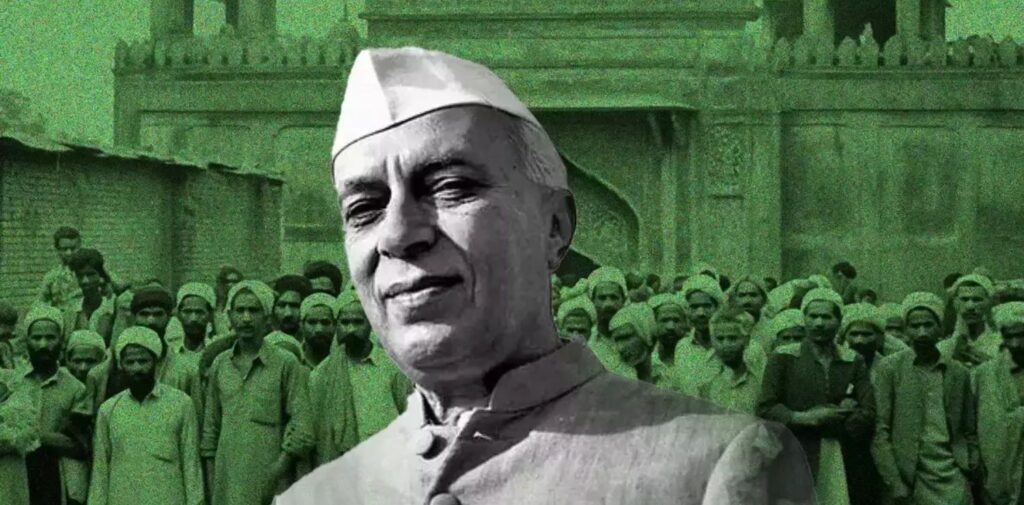
Nehru’s Decisions Favoring Muslims
Nehru is often accused of favoring Muslims, especially during the partition of India. His handling of the partition is seen as one of his biggest failures, as it led to one of the largest mass migrations in history, along with widespread violence and bloodshed. Nehru’s approach is viewed as being too lenient towards the demands of the Muslim League, which eventually led to the creation of Pakistan. Critics argue that his decisions resulted in the loss of countless lives and the permanent division of the country.
Nehru’s Socialist Policies
Nehru’s economic policies, based on socialist ideals, are believed to have stagnated India’s growth for decades. His focus on centralized planning and the establishment of public sector enterprises are often cited as reasons for India’s slow economic progress post-independence. These policies not only hindered private enterprise but also led to the infamous ‘license raj,’ which created a bureaucratic stranglehold over the economy.
The Partition: A Result of Manipulation and Mismanagement
One of the darkest chapters in Indian history is the partition of 1947. The partition was not just a division of territory but a division of hearts and minds, and Gandhi and Nehru’s roles in it remain contentious.
Gandhi’s Silence During Partition
When the idea of partition was being debated, Gandhi’s stance was ambiguous. He initially opposed the partition but later acquiesced to it. Many argue that Gandhi’s silence during the crucial months leading up to the partition was a betrayal to the people who looked up to him for guidance. His inability to prevent the partition is seen as a failure, and his decision to support Pakistan’s demand for a share of India’s wealth after partition is viewed as further evidence of his bias towards Muslims.
Nehru’s Role in Partition
Nehru’s insistence on immediate independence is believed to have forced the Congress to accept the partition plan. His rivalry with Jinnah and the Muslim League, and his unwillingness to negotiate a power-sharing agreement, are seen as direct causes of the division of India. Nehru’s lack of foresight is blamed for the partition’s aftermath—communal riots, mass displacement, and the emergence of long-standing hostilities between India and Pakistan.
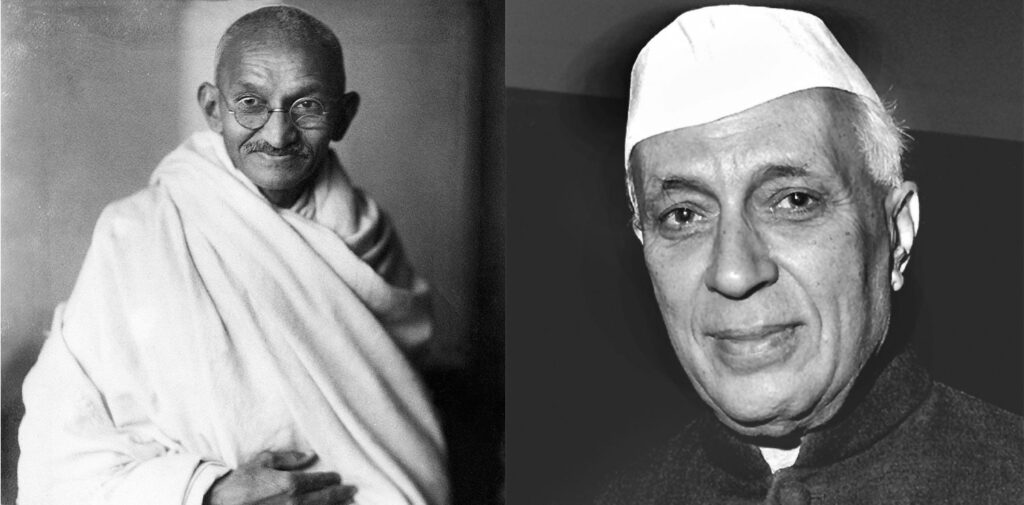
Post-Independence Policies: Catering to Minorities?
Post-independence, both Gandhi’s and Nehru’s policies have been criticized for favoring the Muslim community.
Article 370 and Nehru’s Kashmir Policy
Nehru’s handling of the Kashmir issue is seen as one of his biggest blunders. His decision to take the matter to the United Nations and agree to a ceasefire when Indian forces were in a position of strength is seen as a strategic error. Nehru’s insistence on granting special status to Jammu and Kashmir through Article 370 is also perceived as an act that favored Muslims, as it prevented full integration of the state with the Indian Union.
Gandhi’s ‘Fast Unto Death’ for Muslims
Gandhi’s fasts have often been viewed as a form of blackmail to achieve his political ends. In 1947, when he went on a fast unto death to pressure the Indian government to release Rs 55 crore to Pakistan, it was seen as an act of favoritism towards Muslims. Many believe that this money, which was released during a time of war, ended up being used against India itself during the Indo-Pak war.
Conclusion: Gandhi and Nehru were Real Heroes or Just Political Icons?
It is undeniable that Gandhi and Nehru played significant roles in India’s independence struggle, but their actions have often been questioned. Their political maneuvers, decisions favoring Muslims, and handling of the partition have led many to view them as ‘artificial heroes’—leaders who, instead of uniting the nation, sowed the seeds of division and communal tension.
The narrative of Gandhi and Nehru as ‘artificial heroes’ reflects a counter-view to the mainstream narrative, highlighting their flaws and decisions that had far-reaching consequences. While it is essential to acknowledge their contributions, it is equally important to critically evaluate their roles in the light of history, to understand whether they truly were the heroes they are made out to be, or whether their actions contributed to some of the problems India faces even today.

